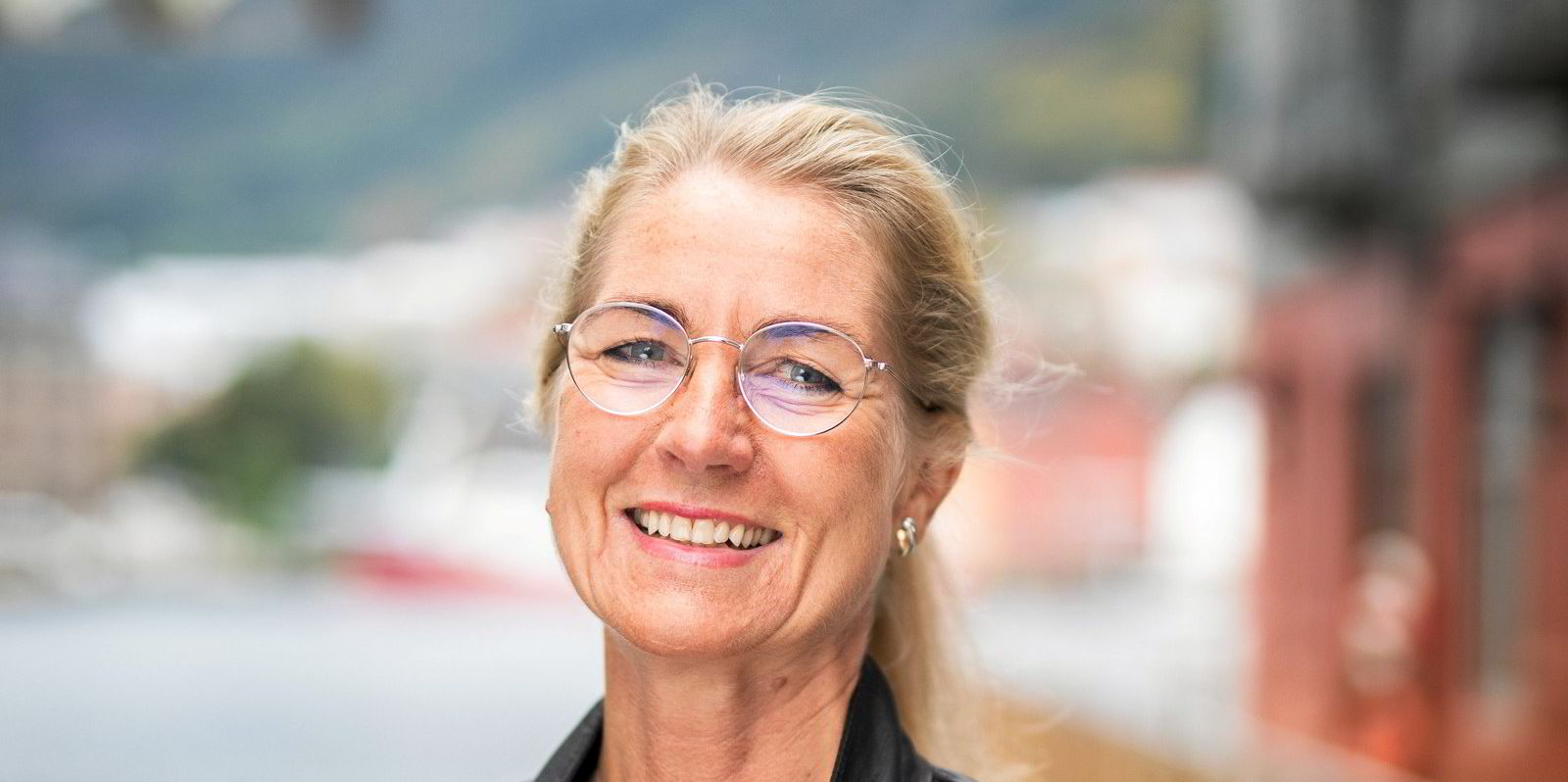Skarv Shipping Solutions is ordering as many as eight multipurpose vessels with an eye towards offshore wind work.
The company, a joint venture between Grieg Edge and Peak Group, announced on Thursday an agreement to build four 7,000-dwt MPPs at China’s Huanghai Shipbuilding.
The contract comes with the option to build two more and a further option for another two. The first of the initial quartet is set for delivery in the third quarter of 2025.
“These ships are far more climate-friendly than what we see in the shortsea market in Europe today, with a very low fuel consumption,” Skarv chief executive Jan Oivind Svardal said.
“They are not what we imagine is the final climate solution for shipping, but they are a giant step in the right direction.”
The ships are ammonia and methanol ready, include batteries, a shore power system and a high-voltage switchboard allowing future upgrades such as fuel-cell technologies and increased battery capacity.
The open tops, wide deck beam and heavy-duty hatches make the ships ideal for carrying wind turbine components and “a massive support for the renewable energy industry in Europe”, the company said, along with any other shortsea cargo projects.
Skarv intends to make the ships available in the open market upon delivery.
“There is considerable demand for reduced carbon emissions related to industry projects in Europe, and these ships will be ideal for many of these,” Grieg Edge managing director Nicolai Grieg said.
“The ships’ flexible design enables a potential transition to lower emission fuels upon delivery, provided that the market and infrastructure permit, even though they are not fully capable of zero emissions at present.”
Earlier this year, Skarv received a grant through Norwegian government-run Enova for NOK 130m ($12.1m) to build three low-emission bulkers for domestic coastwise trading between northern Norway and the Oslofjord.
The 4,000-dwt ships will be outfitted with a four-stroke, ammonia-fuelled engine along with a new hull design and hybrid electric systems.
Skarv will also consider technologies such as rotor sails to further reduce energy use.




